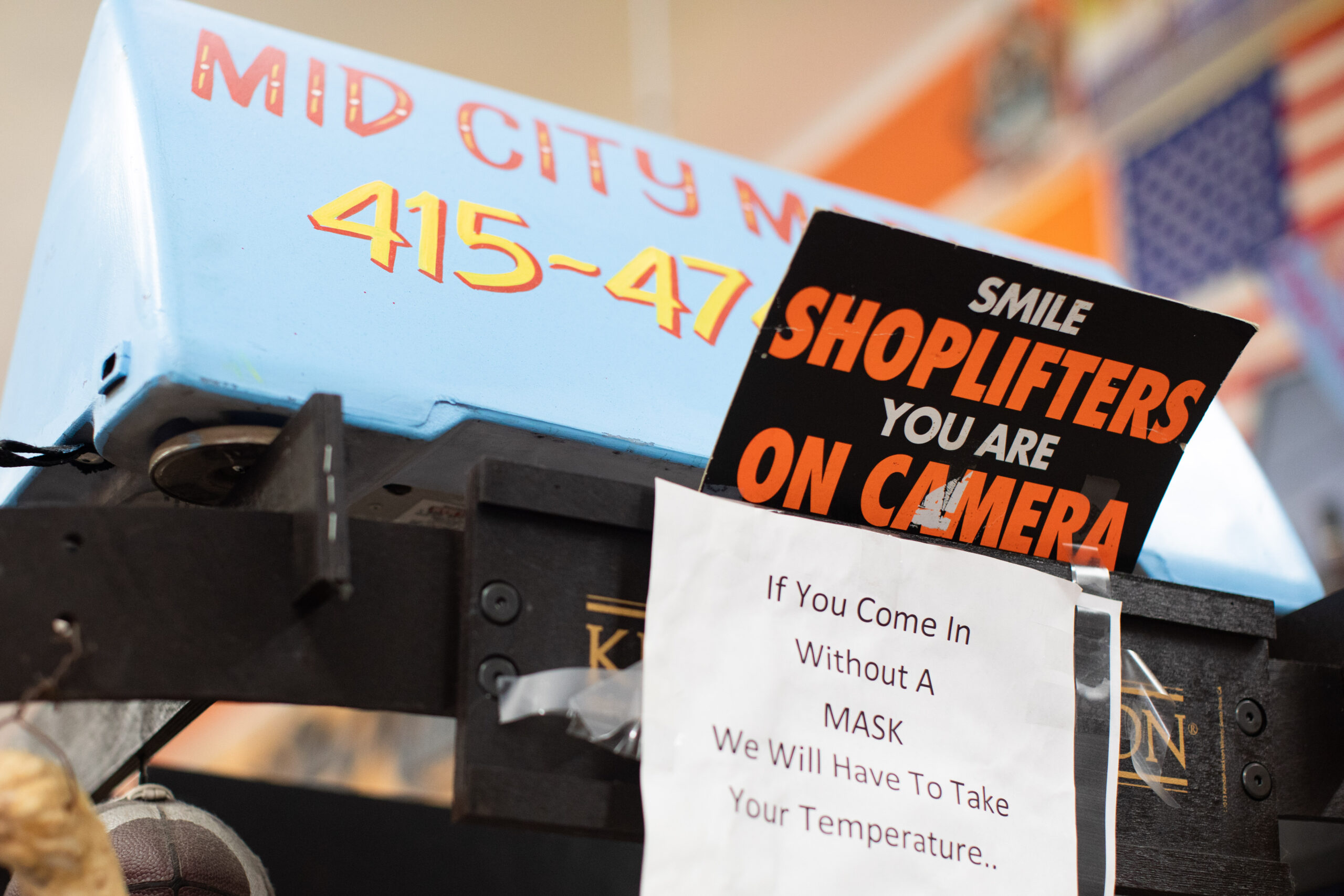In an effort to curb retail theft, amplified by a number of viral shoplifting incidents, a Southern California lawmaker has introduced a bill to amend Prop. 47 and lower the threshold for what can be considered felony theft.
AB 23, introduced by Assemblymember Al Muratsuchi (D-Torrance) in December, would change the definition of grand theft and shoplifting from its current $950 threshold to $400. Under the bill, theft that is below the $400 threshold would be considered a misdemeanor.
AB 23 would amend Prop. 47, a ballot initiative that was passed in 2014 with the support of nearly 60% of California voters. That bill reduced the penalties for low-level offenses and established theft under $950 as petty theft punishable by a misdemeanor.
Prop. 47 also created a new misdemeanor for shoplifting—theft that impacts a commercial establishment—for any property taken that is $950 or less. Under current law, shoplifting that exceeds the $950 threshold is considered burglary and can be punishable as a misdemeanor or felony.
The argument in favor of the initiative at the time it passed—which reclassified a number of low-level nonviolent offenses, including forgery, fraud and theft—was a more efficient use of existing law enforcement resources and a way to reduce prison overcrowding. Funds saved through the proposition were meant to be redirected to criminal justice reform projects.
But critics of Prop. 47 say that softer penalties have spurred the development of organized retail theft rings and created the impression that low-level retail theft is not a priority for law enforcement.
Large retailers have sounded the alarm about the impact theft has on their operations. Target chief financial officer Michael Fiddelke, for example, said he expects losses for the retailer to hit $600 million by the end of 2023.
In 2021, Gov. Gavin Newsom announced a plan to bolster law enforcement response for retail theft and smash-and-grab robberies, by providing $255 million in grants to local law enforcement agencies and establishing a permanent smash-and-grab enforcement unit.
Meanwhile, the Bay Area has been the site of a number of viral shoplifting and smash-and-grab incidents. Law enforcement agencies including the California Highway Patrol and San Francisco Police Department have specifically assigned officers to combat the issue.
A survey released by the National Retail Federation placed San Francisco and Oakland just behind Los Angeles as the cities most impacted by organized retail crimes.
In July, San Francisco police officers arrested a man with around $200,000 of merchandise in his apartment for allegedly operating a retail fencing operation where stolen goods were sold online for profit.
Public opinion seems to be shifting on Prop. 47. A February poll conducted by the Berkeley Institute of Governmental Studies found that nearly two-thirds of respondents said they would support changes to Prop. 47.
That same poll found that 78% of voters said crime had increased statewide over the last year, and 65% said it has risen locally.
The bill faces a number of hurdles to implementation. The bill would have to pass through the state Legislature with a two-thirds vote, be signed by the governor and be approved by voters before going into effect.
